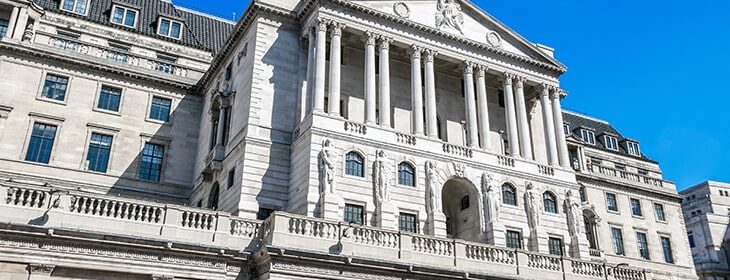UK House of Lords begins hearing on central bank digital currencies

The U.K.’s House of Lords has begun an inquiry into central bank digital currencies (CBDCs), calling on evidence from the public into whether such an innovation should be adopted in the country.
The upper house of the U.K.’s parliament, the Lords’ Economic Affairs Committee, is calling for public submissions on whether a digital pound should be adopted in the country, with the government and the Bank of England known to be considering whether to adopt a state-backed digital currency.
Committee chair Lord Forsyth of Drumlean said it was important to consider a wide range of issues to understand the full implications of any eventual CBDC program.
“New cryptocurrencies have generated a great deal of excitement, and concern, across the globe. The Government and Bank of England must carefully consider the implications of creating a new, state-backed, form of digital cash,” he said.
The digital pound would stand alongside cash and bank account balances as a recognized form of money in the U.K., with proposals that would see the digital currency introduced for use by both businesses and consumers.
The Economic Affairs Committee will hear evidence on the pros and cons of CBDCs, as well as the potential risks posed by adopting a digital currency, particularly as it relates to monetary policy, the role of the central bank, and wider economic considerations.
Lord Forsyth issued the call to evidence for anyone with views on any aspect of CBDCs or how it may be implemented in the country.
“To inform our work we want to hear from as broad a range of people as possible. If you have a view on any aspect of Central Bank Digital Currencies, look at our call for evidence and let us know what you think,” he said.
It follows from positive indications from both the government and the Bank of England that the U.K. should consider trialing a central bank-backed digital currency.
Watch: CoinGeek Zurich panel, Digital Technology and the Future of Banking & Financial Services
Source: Read Full Article
